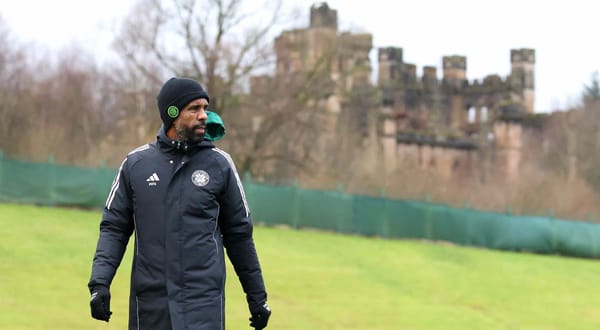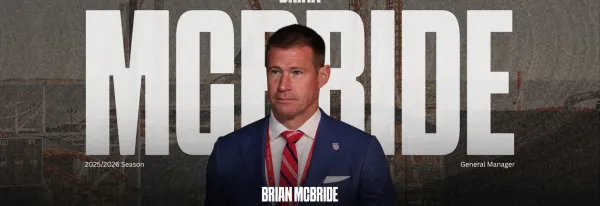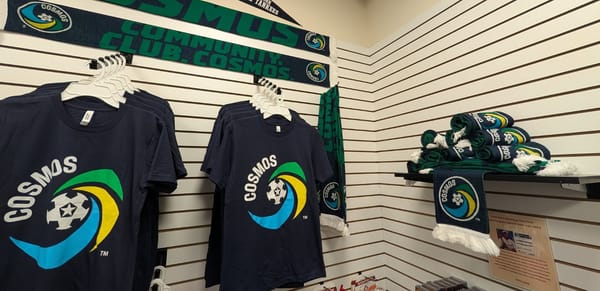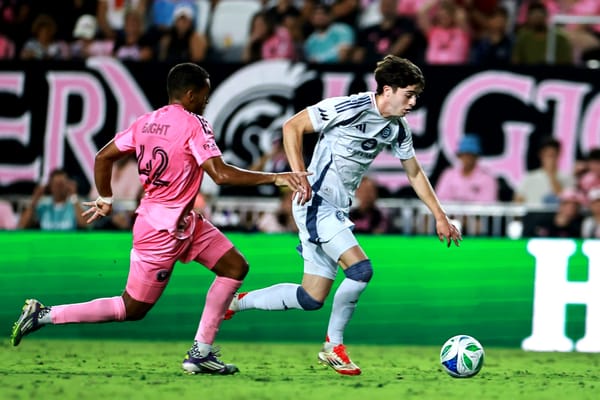New York Red Bulls Need To Recover MetroStars Culture In Difficult 2023 Season
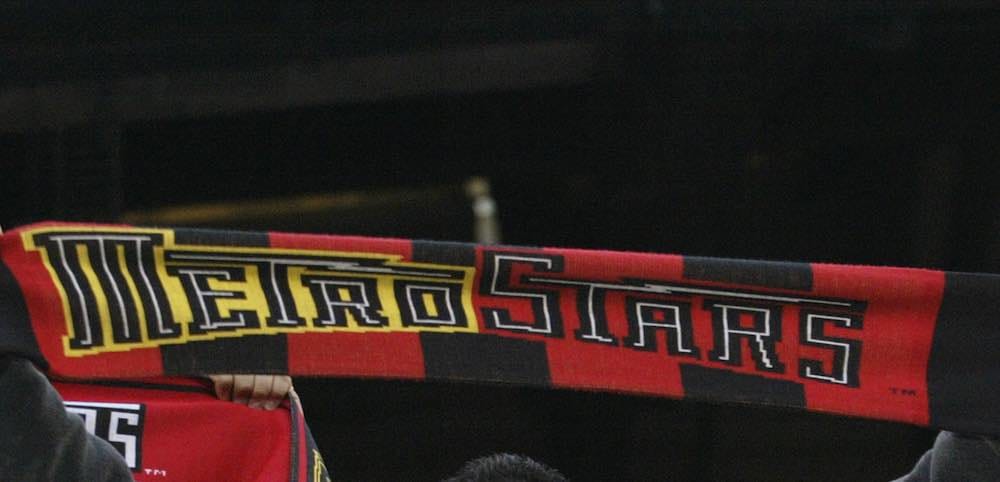
By James Nalton.
Something wasn’t quite right at the New York Red Bulls. On the field, the team wasn’t winning games and picked up just one victory in its opening 11 games of the 2023 Major League Soccer season.
Off the pitch, it was struggling too. There was a poor response when one of its players, Dante Vanzeir, used a word with racial connotations in a game against San Jose Earthquakes. It was dealt with insufficiently by those fronting up to the cameras each week.
The club was in an awkward position. The then head coach looked awkward too, with the media, and with his team, but for a while the Red Bulls seemed to forget that the main concern following this issue should be the effect the incident had on San Jose players and others in earshot of Vanzeir’s remark.
It was, above all, a moment of distress for the players it affected visibly at the time, most noticeably Jeremy Ebobisse and Jonathan Mensah. Ebobisse has been one of several anti-racism spokespersons and campaigners in MLS. It was an incident he handled with admirable composure, while also issuing a firm response. Nothing matching this came from the Red Bulls leadership, at least not initially.
The Red Bulls supporters, though, remained unflinching throughout. Their response was clear. There was no room for racism at their club and anyone involved in such an incident should face the appropriate punishment, even if decreased on-field quality and harmed results for a time.
Views on what would be an appropriate punishment varied, but regardless, the supporters’ stance set an example to the club as to how it should have been dealt with.
Vanzeir himself vowed to learn from the experience, and regardless of the reasons he gave for using the word, he did admit to using it. He did show a willingness to educate himself and emerge from the incident with a greater understanding.
In time, supporters might welcome a suitably reformed and repentant Vanzier back into their fold, but the time that takes for that to happen, if indeed it ever does, is itself part of Vanzeir’s punishment.
Red Bulls, or more accurately MetroStars fans have a history of fighting for social justice and against more unsavoury elements that creep into the game and occasionally into their own club.
"I think for the most part the thing that everybody could agree on was to make MetroStars and the supporters section unfriendly to racists and fascists," Miles, an early member of the Empire Supporters Club, told Vice in 2015.
The socialists and anarchists from punk, northern soul and other scenes that littered the stands in the club’s early years, as detailed in that Vice article, may have depleted and the support may be less overtly political, but this background, and having previously had to deal with such issues head-on, meant the supporters as a whole were well placed to react quickly when uncomfortable, unsavoury incidents happen.
The Red Bulls organisation eventually recovered the situation, too, on and off the field. Replacing the struggling, uncomfortable Gerhard Struber with Troy Lesesne felt like a breath of fresh air breezing in.
The club’s own media releases felt more open, and freer. In Lesesne’s first comments on the Vanzeir incident, the new head coach rightly mentioned the effect it might have had on the San Jose players involved, as well as the repercussions it had for his own club.
Lesesne said what needed to be said, not necessarily because it needed to be said, but because it was what he genuinely thought.
Prince notes that the he knows "how Lesesne works" and the cultural change that the #RBNY head coach wants will help move things along so much faster.
— Mark Fishkin (@MarkFishkin) June 15, 2023
It was a good sign. And with that improved atmosphere came improved results. Since Lesesne took over the Red Bulls have a much better record, with wins edging out defeats in a W5-L4-D2 record under the new coach.
How can the club make sure something like this doesn’t happen again? And that response of the organisation to any such problems in the future is dealt with as appropriately by them as it was by the fans?
Culture is important, and the Empire Supporters Group and MetroStars legacy is part of that. Culture can often be a throwaway word used in PR or marketing, but a genuine culture can help see a club through difficult, uncomfortable and troubling times.
The supporters, identity, character, local roots, and a sense of place, both geographically and culturally, are all key. Call it philosophy if you like.
This can be difficult to cultivate when your club, already part of a single-entity league, is also part of a global multi-club conglomerate. The identity can easily be driven by that, by Red Bull alone, and forget those other things mentioned above. It can become a tool for Red Bull, for coaches to get a foot on the ladder and to develop players for other clubs. More an advertisement for an energy drink than a football club.
The best thing would probably be for the club to return to its MetroStars roots and rediscover that local identity and character—something the fans could help with.
The Red Bull takeover did bring some success in the form of Supporters’ Shield wins during the first ten years or so since its rebranding of the club in 2006. It also brought a stadium, more in a European style, considered one of the best in the league. But in recent years there has been a decline or at least a stagnation.
Recovering from that will involve tapping into the fan culture, on top of Lesesne's attempts to improve the culture within the team, something he was known for during his time with his previous club New Mexico United. The ingredients are there to put it all together, but they might have to reopen that cupboard marked MetroStars in order to find some of them.
